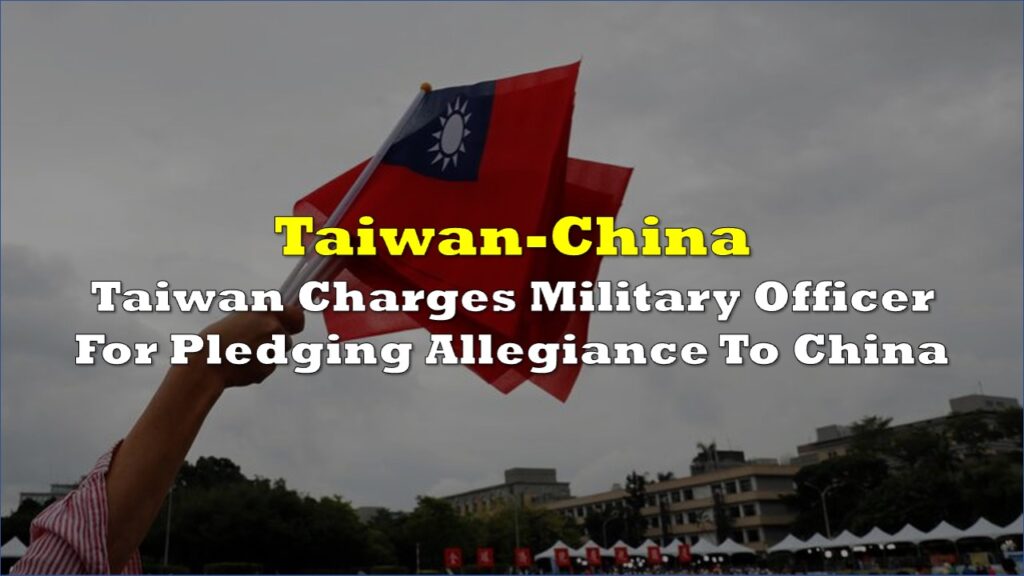China has invested nearly $57 billion in critical mineral projects across developing countries, positioning itself to dominate key supply chains for clean energy technologies, according to a comprehensive study published this week.
The report by AidData, a research lab at William & Mary, documents China’s systematic approach to acquiring critical minerals essential for electric vehicles, solar panels, and green technologies between 2000 and 2021.
The research found that 83% of China’s investments supported mining sites partially or wholly owned by Chinese companies. These investments targeted five key minerals: copper, cobalt, lithium, nickel, and rare earth elements.
But, unlike conventional resource acquisition, China developed and employed a comprehensive financial ecosystem designed to secure long-term control of critical mineral supply chains.
Chinese state-owned banks provided strategic loans with uniquely favorable terms — structured financial instruments that enabled Chinese companies to acquire and develop mineral extraction sites in developing countries with minimal risk.
For instance, the report highlights that these loans often require Chinese companies to invest their own equity — typically 20-30% of project costs — which aligns the interests of the banks, companies, and project success. This approach ensures that Chinese firms have a genuine stake in the mineral operations, reducing the likelihood of speculative or unsustainable investments.
Most loans meet or exceed the OECD’s 25% grant element threshold for concessional lending, meaning they’re priced significantly below market rates, making it substantially easier for Chinese companies to enter and expand in mineral extraction markets where Western firms might find the upfront costs prohibitively expensive.
China has effectively lowered the barriers to entry in critical mineral markets, allowing its companies to rapidly secure critical minerals. In the Democratic Republic of Congo, for example, Chinese-controlled companies now account for approximately 51% of cobalt exports.

The researchers also discovered that while China initially focused on copper and cobalt, there’s evidence that it’s increasingly pivoting towards lithium.
“A case in point is the package of loans that ICBC, China CITIC Bank, and other Chinese and non-Chinese lenders provided in 2018 to facilitate Tianqi Lithium Corporation’s acquisition of a 23.77% ownership stake in Sociedad Química y Minera de Chile S.A., one of the world’s largest producers of lithium,” they wrote.
“This trend has continued in more recent years. In 2022 and 2023, Chinese state-owned creditors provided loans to help Chinese companies acquire the Bikita lithium mine in Zimbabwe and lithium mining rights in Argentina’s Salta province. They also bankrolled the construction of a lithium clay production plant in Mexico and a lithium-ion battery manufacturing facility in Turkey.”
Information for this story was found via the sources and companies mentioned. The author has no securities or affiliations related to the organizations discussed. Not a recommendation to buy or sell. Always do additional research and consult a professional before purchasing a security. The author holds no licenses.










2 Responses
Interesting
Meanwhile North American is left far behind….or battling amongst ourselves with tariff wars. Both Canada and the US are stuck in protectionism and fear the “communist” regime. The US thinks the whole world has somehow been picking on them, when in fact they have not been keeping up. Neither has Canada, but we don’t lash out or whine about it.